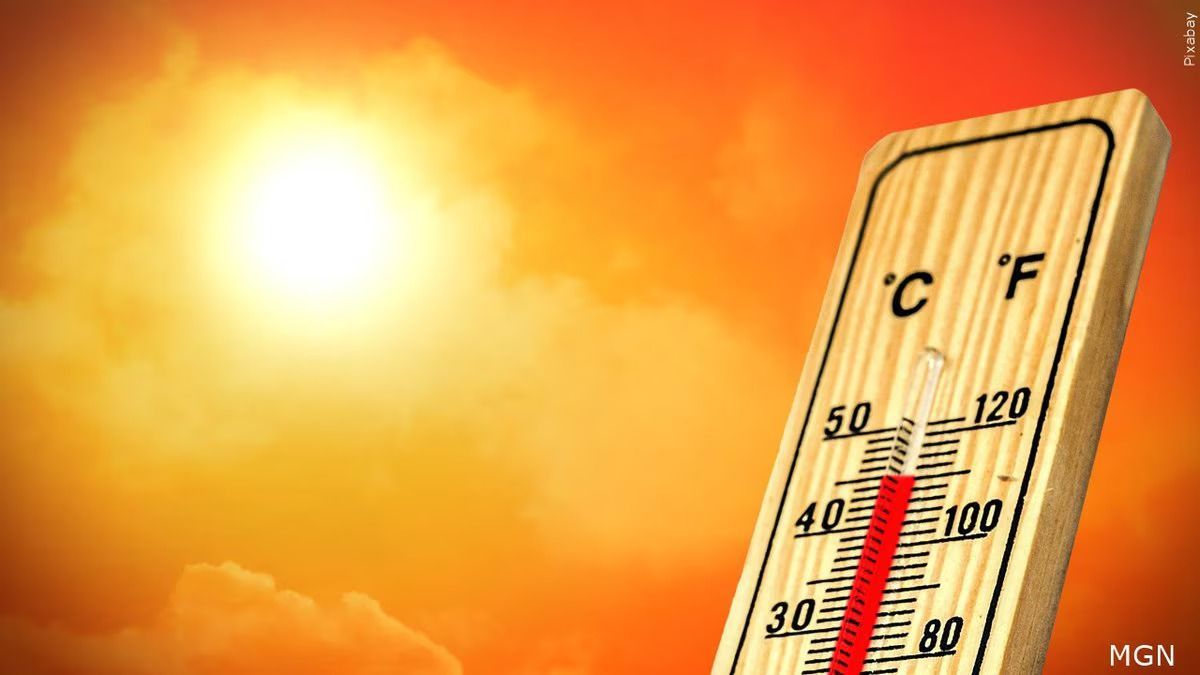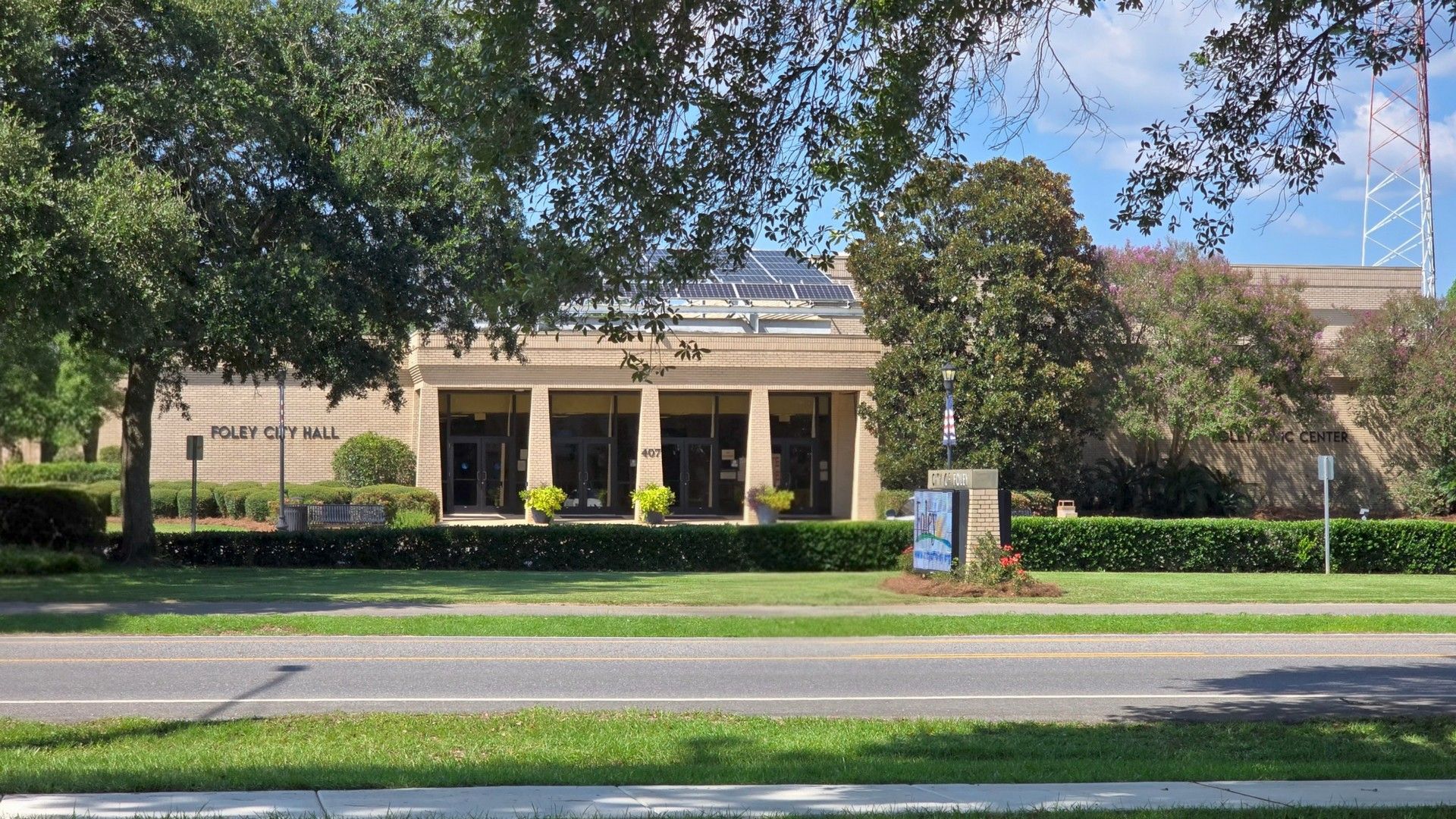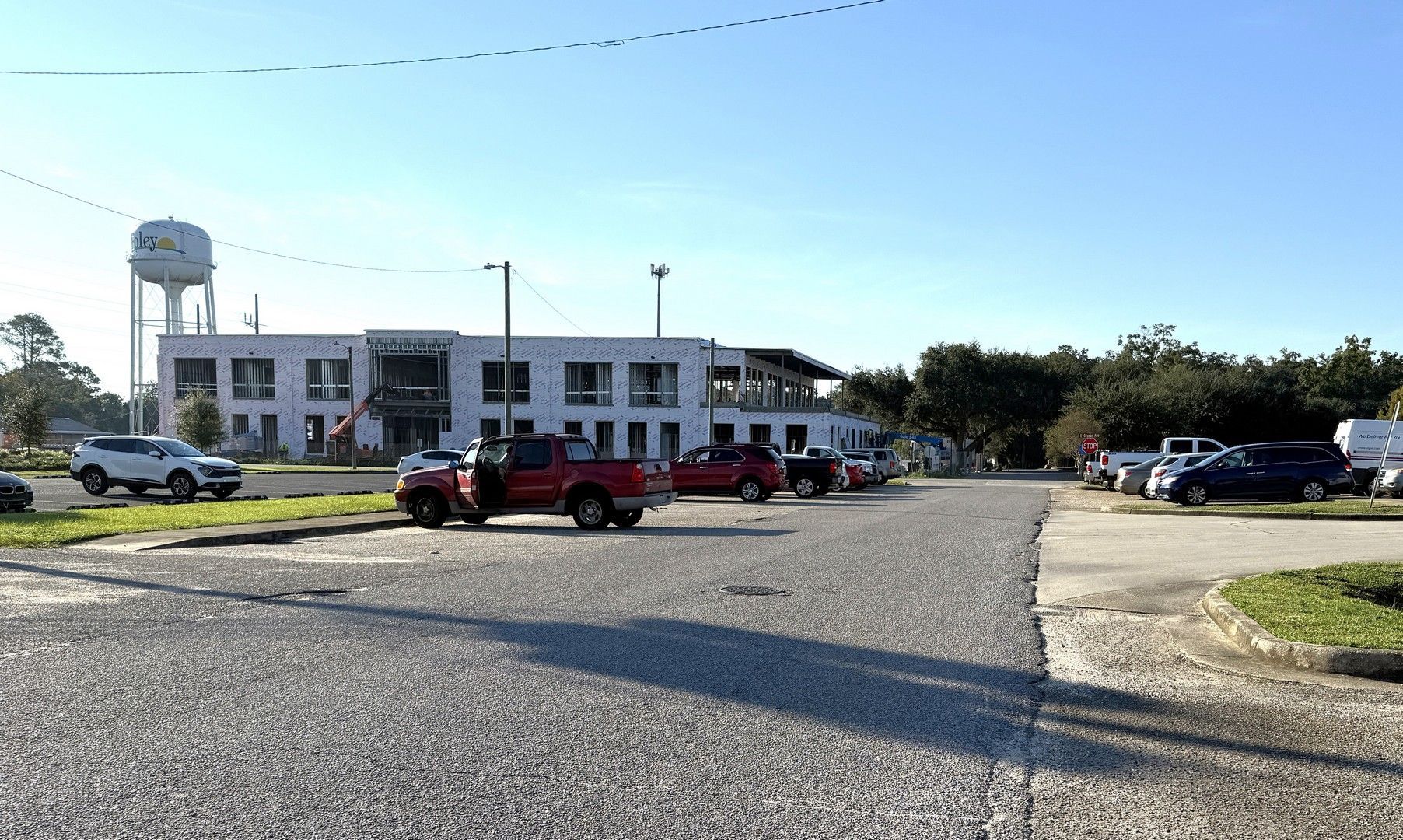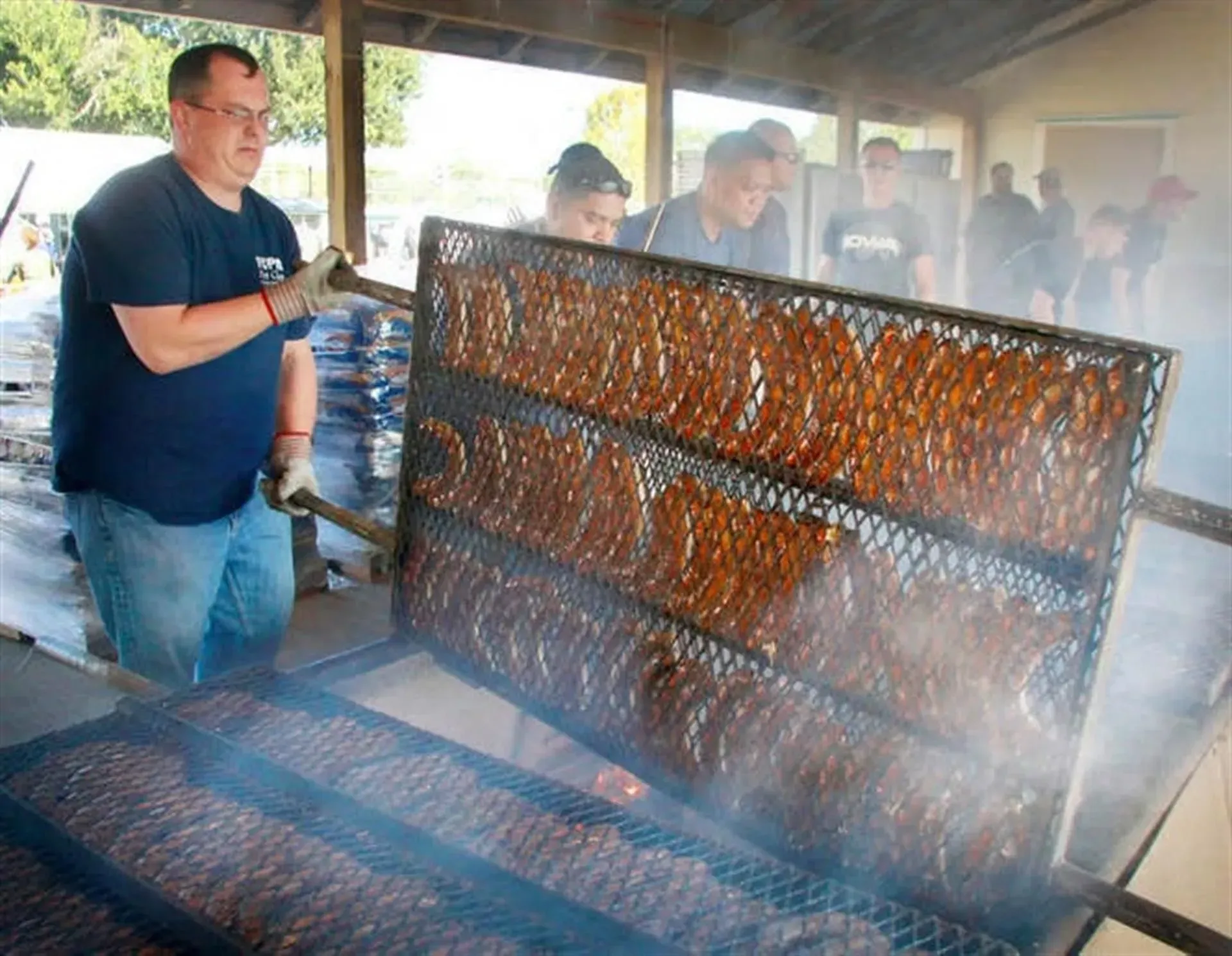Alabama Officials Warn Public as Heat Reaches Risky Levels
Heat-related dangers prompt public warnings and safety recommendations across Alabama

Orange Beach, Ala. — (OBA) — The Alabama Department of Public Health is alerting residents about the dangers of extreme heat as temperatures soar across the state. With heat indices climbing into the triple digits this week, health officials say everyone should be aware of the risks. Heat-related illnesses are becoming more common when weather conditions like these occur. Anyone can be affected, and symptoms can come on quickly if the body cannot cool itself properly.
On July 21, 2025, public health leaders stressed that the risk of heat-related illnesses rises during hot summer months in Alabama. People of all ages and backgrounds should take extra care—especially when spending time outdoors or in places without air conditioning.
Officials have identified the most common heat-related illnesses as heat cramps, heat exhaustion, and heat stroke. Heat cramps involve muscle pain or spasms, usually in the abdomen, arms, or legs, and are often paired with heavy sweating. Heat exhaustion can cause heavy sweating, pale or clammy skin, tiredness, muscle cramps, dizziness, headaches, nausea, vomiting, and fainting. Other signs may include a rapid but weak pulse and irritability. Those at higher risk for heat exhaustion include older adults, people with high blood pressure, and those working or exercising in hot environments. If left untreated, heat exhaustion can become heat stroke, the most dangerous form of heat illness.
Heat stroke, sometimes called sun stroke, is a life-threatening emergency. This can happen when the body’s temperature rises to 106°F or higher in as little as 10 to 15 minutes. Warning signs include extremely high body temperature, red or hot skin (which may be dry or moist), a strong and rapid pulse, throbbing headache, dizziness, nausea, dehydration, confusion, and even unconsciousness. Without immediate treatment, heat stroke can cause serious long-term health problems or be fatal. Medical help should be called right away if heat stroke is suspected.
To stay safe, officials urge everyone to:
- Drink plenty of fluids—avoid alcohol and drinks with caffeine.
- Stay inside air-conditioned rooms whenever possible.
- Seek shade or shelter from the sun outdoors.
- Wear a wide-brimmed hat and light-colored, loose-fitting clothes.
- Use sunscreen with at least SPF 15.
- Take cool showers or baths on hot days.
- Reduce or avoid strenuous activity during the hottest hours.
- Never leave people or pets in parked vehicles, even for a short time.
People most at risk for heat problems include those with heart disease, diabetes, obesity, poor circulation, a history of stroke, very young children, older adults, and anyone taking certain medications. Community members should check on family, friends, and neighbors, especially those who may be vulnerable.
For more information about protecting yourself and others in extreme heat, the public is encouraged to visit the Alabama Department of Public Health’s website.
Share this article w/ Friends...











